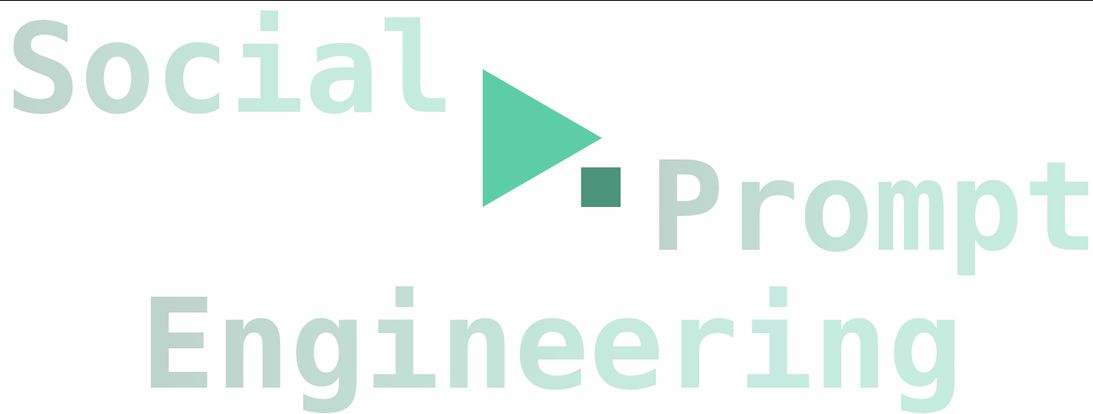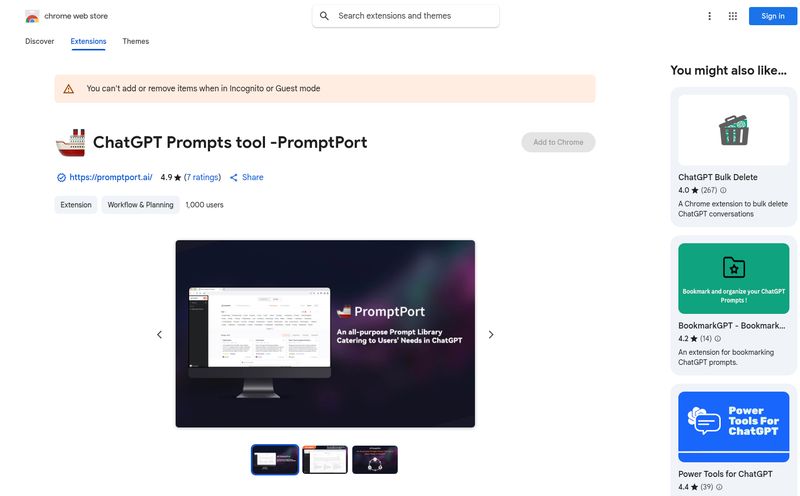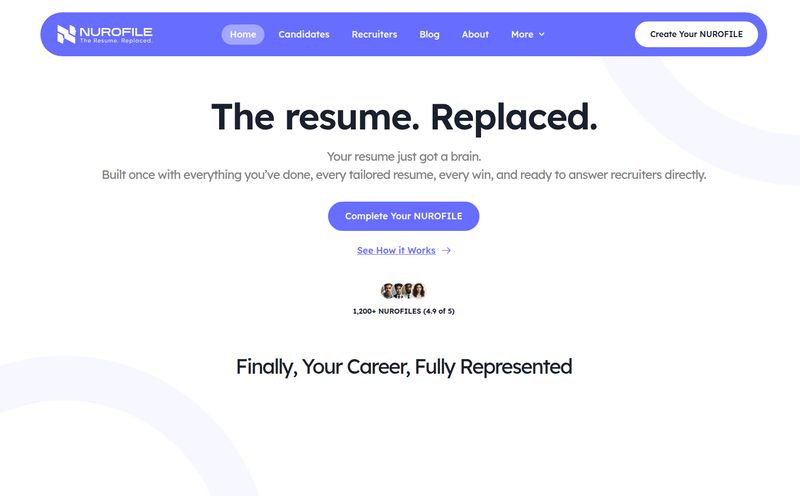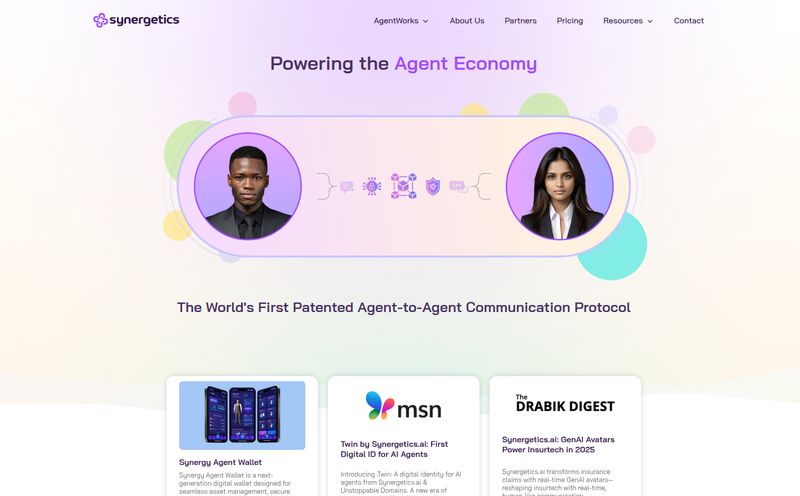If you're building anything with AI, your prompt management system is probably a disaster. Mine was, for the longest time. It started with a simple `prompts.txt` file on my desktop. Then it graduated to a sprawling Google Doc with a table of contents that was perpetually out of date. Then came the spreadsheet—oh, the spreadsheet—with columns for 'Model,' 'Version,' 'Use Case,' and 'Notes,' which I meticulously updated for about a week before it too descended into chaos.
We've all been there. You craft the perfect prompt. The one that gets the AI to sing. It’s a work of art, a finely tuned instrument. You save it somewhere, feeling very proud of yourself. Two weeks later, you need it again. Where is it? Was it in Slack? An email to yourself? A random text file named `final_prompt_v3_final_final.txt`? It's a modern-day developer horror story.
This whole process, this art and science of talking to machines, is now a legitimate discipline: prompt engineering. And with any new discipline comes a gold rush of tools designed to smooth out the rough edges. That’s where a curious little platform called Promptblocks enters the chat.

Visit Promptblocks
So, What's the Big Deal with Promptblocks?
At its core, Promptblocks bills itself as a "social prompt engineering platform." Let's break that down. The "prompt engineering" part is obvious—it's a tool for creating, saving, and managing your prompts. But the "social" part is where it gets interesting. It's not just a private filing cabinet; it’s designed to be a shared library, a community hub. Think of it less like a personal diary and more like a GitHub for prompts.
The idea is simple but powerful: give developers a central place to not only store their prompts but to version them, share them with a team, and even deploy them straight into their applications. Your prompt library becomes less of a junk drawer and more of a master chef’s spice rack—organized, labeled, and ready for use.
The Promise of an Organized AI Workflow
I've seen a lot of tools that promise to revolutionize workflows. Most of them just add another layer of complexity. But the pain points Promptblocks aims to solve are so real, so universally felt by anyone working with LLMs, that I couldn't help but be intrigued.
Finally, Proper Version Control for Prompts
This is the big one for me. When you're tweaking a prompt, a single word can change everything. Trying to keep track of those changes in a text file is a nightmare. Was `v2` the one that increased conciseness, or was that `v2.1_fix`? Promptblocks offers built-in version control. This means you can experiment freely, knowing you can always roll back to a previous version that worked. It's a single source of truth, which is just... chef's kiss... a beautiful thing for any development process.
Collaboration That Isn't Just a Shared Google Doc
The "social" aspect is all about teamwork. Instead of pasting prompts into a chat window, your team can access a shared, organized repository. New team members can get up to speed by looking at proven, effective prompts. Your senior prompt engineer can refine a core set of prompts, and the whole team benefits instantly. It creates a collective intelligence around what works for your specific use case, which is way more efficient than everyone reinventing teh wheel on their own.
From Prompt to Production, Simplified
Here’s another neat trick: effortless deployment. The platform seems to be designed to bridge the gap between crafting a prompt and actually using it in a live application. While the specifics are a bit thin on the ground, the concept is that you can integrate your apps with Promptblocks. This would mean you could update a prompt in the platform, and the change would propagate to your live app without a new code deployment. For quick iterations and A/B testing prompts, that could be incredibly powerful.
Let's Get Real: The Sticking Points and Question Marks
No tool is perfect, especially a new one. While I love the concept, a seasoned (and perhaps slightly cynical) eye sees a few potential bumps in the road.
The Platform Lock-In Question
Any time you centralize a critical asset—in this case, your prompts—on a third-party platform, you have to think about reliance. What if the service goes down? What's the export process like if you decide to leave? Building your workflow around a single tool is always a trade-off between convenience and control. It’s a valid concern, and one I'd want to see addressed with robust data export features.
That New-Tool Smell (and Learning Curve)
Let's be real, onboarding your team to yet another platform can feel like a chore. There will inevitably be a learning curve as people adapt their habits from the old, chaotic ways to a new, structured system. It’s an investment of time upfront for a payoff in efficiency later.
The Mystery of the Missing Details
This is where my investigation hit a bit of a snag. As of my writing this, information on specific features is a little scarce. And when I went hunting for a pricing page... I was met with a 404 error. Now, this isn't necessarily a red flag. It often means a product is brand new, in a closed beta, or still figuring out its go-to-market strategy. It just means it's one to watch rather than one you can necessarily jump into with both feet today. It adds an air of mystery, you know?
Who Should Be Watching Promptblocks?
Based on what I've seen, I think Promptblocks is most compelling for a few key groups. Indie developers and small AI startups who are tired of the prompt chaos but don't have the resources to build a custom internal solution seem like the perfect fit. It could also be a fantastic tool for freelance prompt engineers or small agencies who need to manage prompts across multiple clients. It offers a professional way to organize and present their work.
For large enterprise teams, the platform's newness might be a hesitation point. But even for them, it’s worth keeping an eye on as a potential solution once it's more mature.
| Feature | The Old Way (Spreadsheets & Hope) | The Promptblocks Way |
|---|---|---|
| Version Control | Manual, messy filenames (`v1`, `v2_final`). Easy to lose track. | Automated, clear history. Rollback to any previous version. |
| Collaboration | Pasting into Slack/email. Shared docs get messy fast. | Central, shared repository. Single source of truth for the team. |
| Deployment | Copy-paste into code. Requires a new code push to update. | API-based integration. Update prompts without a full redeployment. |
| Discovery | Searching through folders and files. Hoping for the best. | Searchable, tagged library. Potential to discover community prompts. |
Frequently Asked Questions About Promptblocks
- What is Promptblocks in simple terms?
- Think of it as GitHub, but for AI prompts. It's a central, online platform for AI developers to save, organize, share, and deploy the prompts they use to power their applications.
- Is Promptblocks a free tool?
- As of now, the pricing information isn't publicly available. The platform appears to be very new, so they may be in a beta phase or still finalizing their pricing tiers. It's best to check their website for the latest info.
- How does Promptblocks actually help with team collaboration?
- Instead of team members keeping their own separate lists of prompts, everyone works from a single, shared library. This ensures consistency, makes it easy to share best practices, and helps new team members get up to speed quickly by seeing what already works.
- What is prompt version control and why does it matter?
- It's a system for tracking changes to your prompts over time. It matters because even tiny changes can have big effects on AI output. Version control lets you experiment with new phrasings while always having a safe, working version to fall back on if your changes don't work out.
- Is Promptblocks better than just using a spreadsheet?
- For any serious project, almost certainly yes. While a spreadsheet is better than nothing, it lacks automated version control, can't be directly integrated into apps for easy deployment, and becomes very cumbersome for collaboration compared to a purpose-built tool like Promptblocks.
My Final Take: A Promising Tool for a New Era
The chaos of prompt management is a real and growing pain. We need better tools, better workflows, and better ways to collaborate. Promptblocks is a genuinely interesting stab at solving this problem. The focus on version control and the social, collaborative layer sets it apart from just being a simple storage bucket.
Is it ready for primetime? The jury is still out, mainly due to its newness and the lack of public details on pricing and advanced features. But is it a concept with massive potential? Absolutely. I’m adding Promptblocks to my "watch closely" list. In the fast-moving world of AI development, a tool that brings order to chaos is worth its weight in gold.



